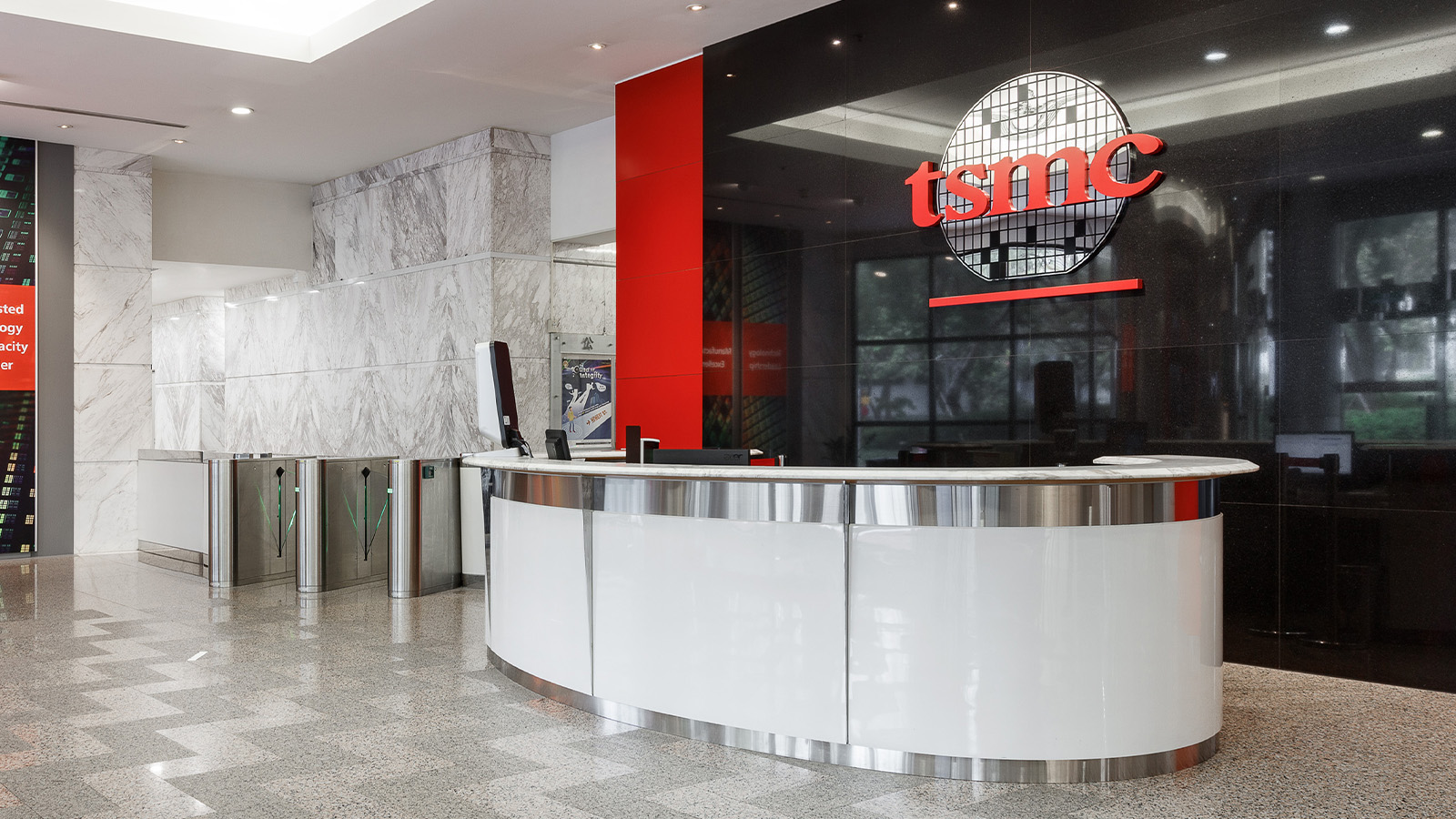
Intel's struggles to land customers for its Intel Foundry unit raised concerns over viability of Pat Gelsinger's IDM 2.0 strategy and resurrected rumors about the company's possible plans to spin off or sell its manufacturing capacity. But only a few companies worldwide can potentially afford and operate Intel's fabs. One of them is TSMC, and it says it is not interested in acquiring those facilities.
"Are we interested to acquire one of IDM's fabs?" C.C. Wei, chief executive and chairman of TSMC asked rhetorically during the company's earnings call when asked whether TSMC was interested in taking over Intel's fabs. "The answer is no, OK? No, not at all."
Acquisition of Intel's fabs is a big deal for any company as taking over Intel's manufacturing capacity is challenging from financial, technological, regulatory, and perhaps even ideological standpoints.
First up, Intel has vast manufacturing capacities. The company can challenge TSMC and Samsung Foundry in terms of output and cost tons of money to operate. Although TSMC has a lot of money (and can probably borrow), it would likely be hard for the company to finance a transaction of that size.
Secondly, these fabs are used primarily to make Intel's own products on its own process technologies and are configured appropriately. While Intel's 18A and Intel 16 process technologies are compatible with industry-standard electronic design automation (EDA) tools and flows, many of Intel's other production nodes use the company's proprietary EDA tools and flows and are designed to offer high performance for Intel CPUs. To that end, the adoption of nodes like 14nm, Intel 7 (10nm ESF), Intel 4, and Intel 3 by third parties is complicated. Since Intel's fabs are already configured for these manufacturing technologies, it will be close to impossible (or at least extremely challenging technologically) to install additional tools and start making chips on other fabrication processes.
Re-equipping these fabs will cost tens of billions of dollars, which would be a massive financial burden for any company. Yet, re-equipping fabs that produce its own products will be business as usual for Intel.
Thirdly, should TSMC buy Intel's production assets, overlapping facilities and major differences would be abundant, resulting in additional costs and lower margins for the world's largest contract maker of chips.
And with its $16.5 billion R&D budget, Intel spends loads of money on fundamental research beyond its current products and semiconductor production. While TSMC also conducts research, it does not spend as much as Intel on fundamental research projects, which is an ideological difference between the two companies. Also, Intel is known for large and expensive projects in general, whereas TSMC is known for its lean corporate structure.
Finally, approving a possible acquisition of Intel's manufacturing assets by TSMC with authorities would likely be a nightmare. On the one hand, this will make TSMC the world's largest maker of chips without comparable rivals either in terms of production capacity or revenue (even now TSMC calls itself a Foundry 2.0 in an attempt to avoid antitrust scrutiny), which would not please regulators. On the other hand, it's highly unlikely the American government would allow a Taiwanese company to acquire Intel, one of the most prominent American companies for both geopolitical and political reasons, let alone technological ones.







